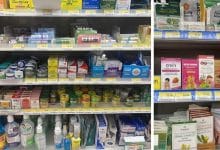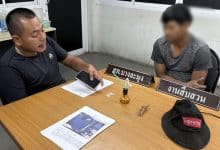Thailand to build local pharmaceutical facilities to reduce import reliance

The National Committee on Drug System Development has greenlit the construction of local pharmaceutical production facilities, a notable stride towards decreasing the nation’s dependence on foreign-made medicines. This ambitious initiative comes with a budget exceeding 10 billion baht (US$280 million), as revealed by Deputy Prime Minister Somsak Thepsuthin, who presided over the recent committee meeting.
Beyond the borders, another significant move in the pipeline is a legislative proposal aimed at bolstering the health and wellness economy in the global market.
This initiative builds on the committee’s previously unveiled Drug System Development plan for 2023-2027. The primary impetus of this plan is to boost research and development endeavours that spotlight local ingredients and herbs for drug manufacturing, thus giving a fillip to domestic pharmaceutical production.
This strategic plan aspires to curtail the import of foreign drugs while simultaneously reinforcing the potential for drug exports in the international market, in addition to facilitating greater public access to drugs.
The committee’s roadmap also includes provisions for affordable medical care, a streamlined and equitable system for drug accessibility, and a cohesive management of the information system.
Somsak disclosed that a group of specialists is currently working on a legislative draft which, once enacted, will be the first of its kind in supporting the production of domestic drugs. He expressed optimism that a home-grown pharmaceutical manufacturing industry will generate significant revenue for the country, reported Bangkok Post.
In related news, the Thai government approved a 37 billion baht investment in the healthcare sector to train 62,000 family medicine practitioners by 2034. This initiative aimed to bolster primary care services, diversifying healthcare professionals’ training.
Traditional Thai Medicine (TTM) played a significant role, encompassing internal and external medicine, spirit medicine, divination, and Buddhism. Despite its removal from the medical curriculum in 1915, TTM’s holistic approach influenced healthcare practices, contributing to Thailand‘s healthcare landscape.
Latest Thailand News
Follow The Thaiger on Google News:


























